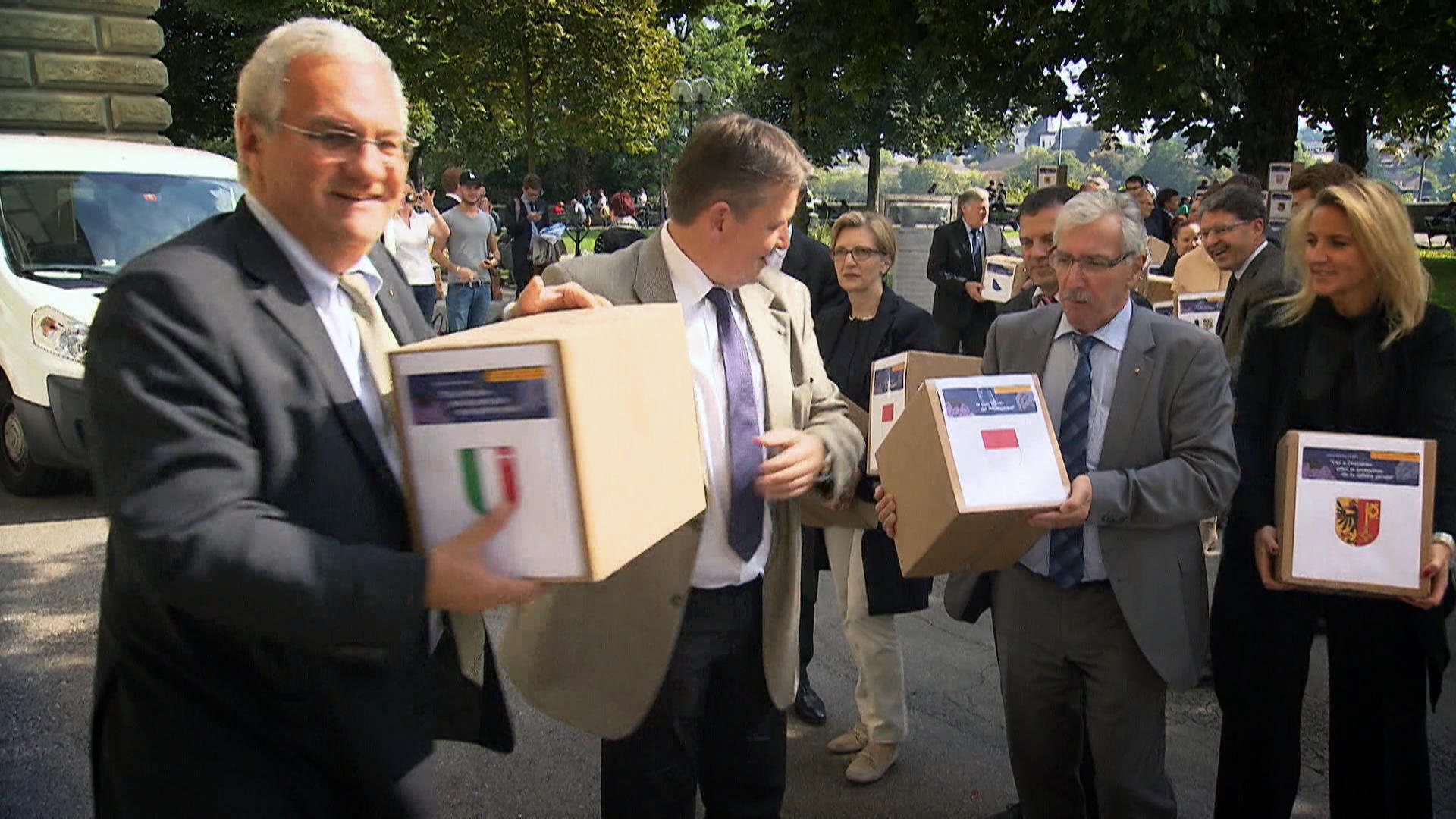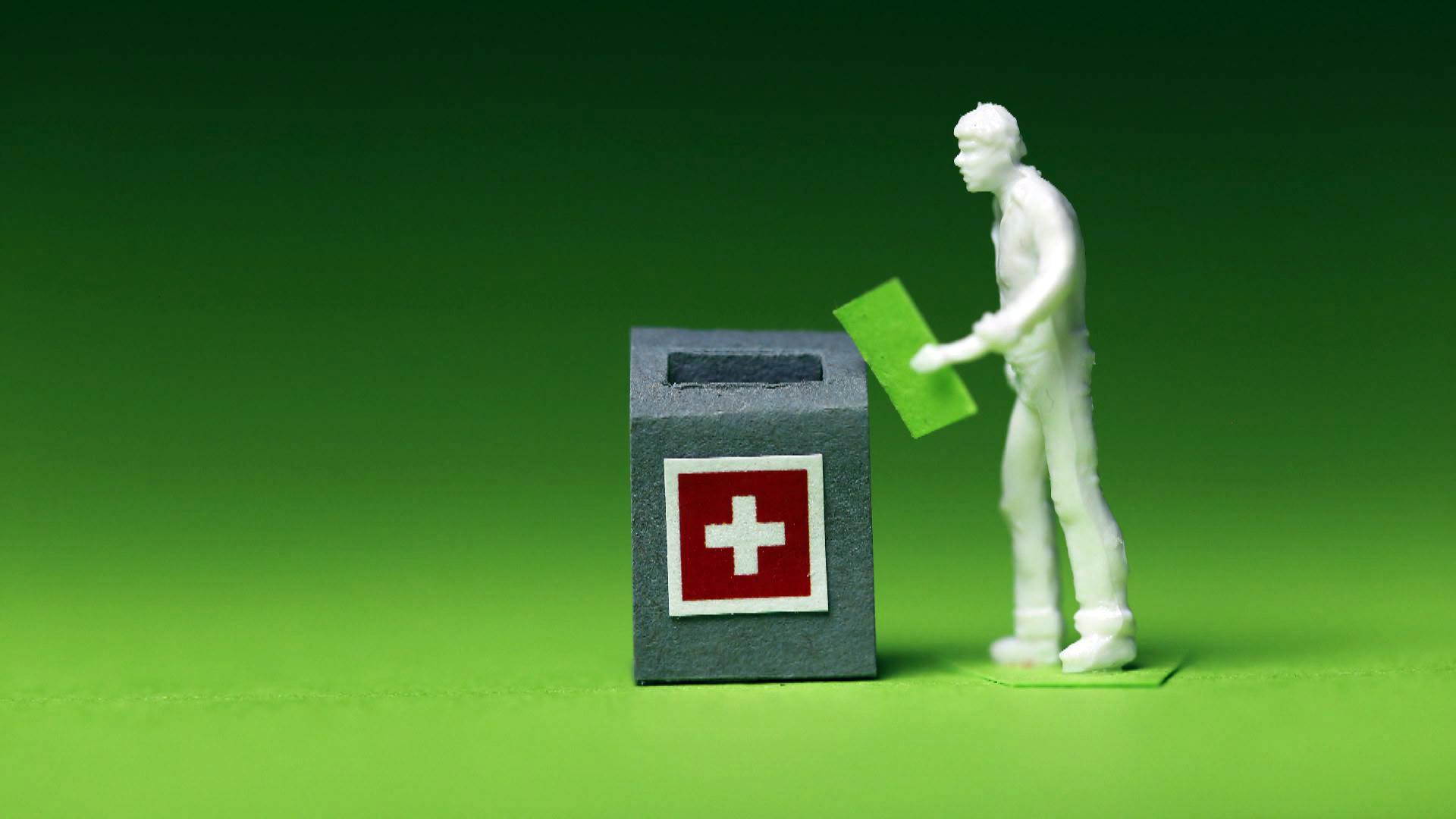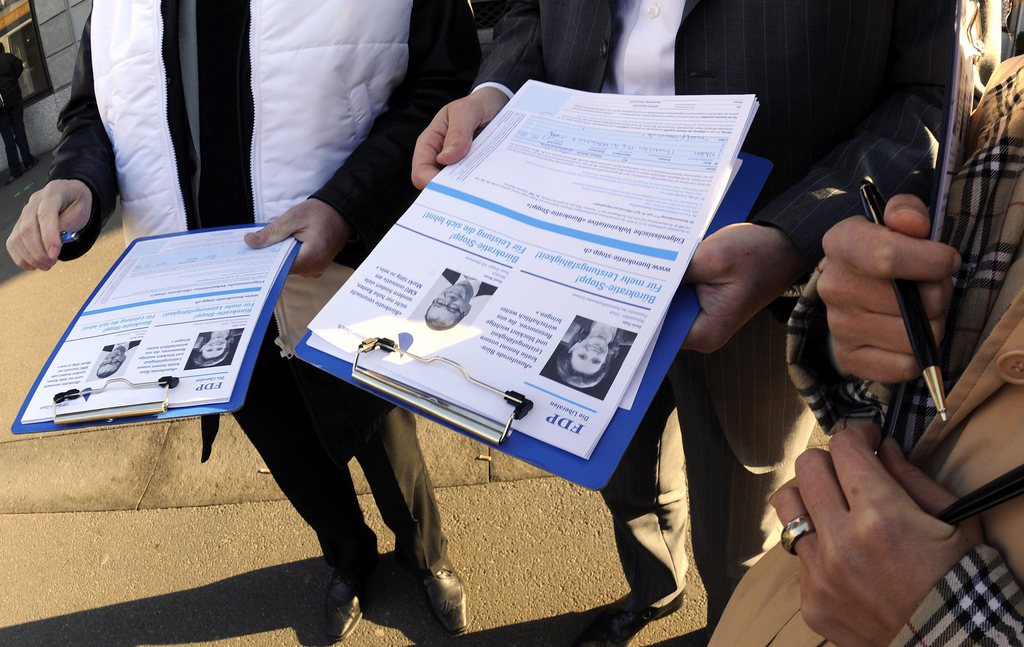How direct democracy has grown over the decades
Just like neutrality and federalism, direct democracy is part of the Swiss identity. The number of issues put to vote has increased considerably since the 1970s, as shown in these graphics, which present more than 600 nationwide votes since 1848.
World champions of the polls, Swiss citizens can participate directly in political decision-making by expressing themselves up to four times per year on diverse and varied themes. The graphics below present the three main tools of Swiss direct democracy, and the evolution of their use over time.
Note: The interactive graphics are optimised to be viewed on a computer or tablet. Select an area on the graph, or pinch to zoom. Move your cursor over a square to learn more about a vote.
People’s initiatives allow citizens to propose changes to the constitution by introducing new provisions, or by amending or repealing existing provisions. For an initiative to be submitted for a verdict at the polls, its proponents must gather at least 100,000 signatures from citizens eligible to vote, and submit them to the Federal Chancellery within 18 months.
In the case of a change, however small, to the constitution by parliament, the people must have their say. The same goes for membership in collective security organisations or supranational communities, and in the adoption of laws that have been declared urgent
Swiss citizens can also contest all laws adopted or modified by parliament: this is the “optional referendum”. For a vote to take place, at least 50,000 signatures from citizens must be filed with the federal authorities within 100 days after publication of the challenged law.
Method
These graphics were created with open-source tools. The detailed procedure to produce these graphics is available in EnglishExternal link.
Translated from French by Celia Luterbacher

In compliance with the JTI standards
More: SWI swissinfo.ch certified by the Journalism Trust Initiative






You can find an overview of ongoing debates with our journalists here. Please join us!
If you want to start a conversation about a topic raised in this article or want to report factual errors, email us at english@swissinfo.ch.